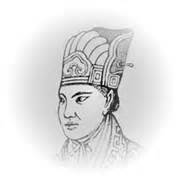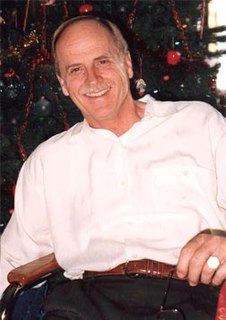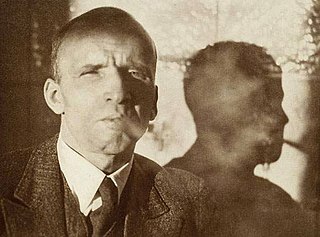A Quote by Blaise Pascal
The mind naturally makes progress, and the will naturally clings to objects; so that for want of right objects, it will attach itself to wrong ones.
Related Quotes
In true meditation the emphasis is on being awareness; not on being aware of objects, but on resting as primordial awareness itself. Primordial awareness is the source in which all objects arise and subside. As you gently relax into awareness, into listening, the mind's compulsive contraction around objects will fade. Awareness naturally returns to its non-state of absolute unmanifest potential, the silent abyss beyond all knowing.
If I want to read S.J. Perelman's Chicken Inspector No. 23 for the third time instead of some anguished, politically correct saga of a girl growing up in a trailer park in Kingman, Arizona, with an alcoholic mother who makes her straighten her naturally curly hair and won't let her date a Navajo boy or pursue her goal of becoming (naturally) a writer, I will. And I will laugh like a lunatic while doing it.
When he tries to extend his power over objects, those objects gain control of him. He who is controlled by objects loses possession of his inner self... Prisoners in the world of object, they have no choice but to submit to the demands of matter! They are pressed down and crushed by external forces: fashion, the market, events, public opinion. Never in a whole lifetime do they recover their right mind!... What a pity!
Thwarted, or starved, in the important objects proper to young capacities, the boys and young men naturally find or invent deviant objects for themselves. ... Their choices and inventions are rarely charming, usually stupid, and often disastrous; we cannot expect average kids to deviate with genius. But on the other hand, the young men who conform to the dominant society become for the most part apathetic, disappointed, cynical and wasted.








































